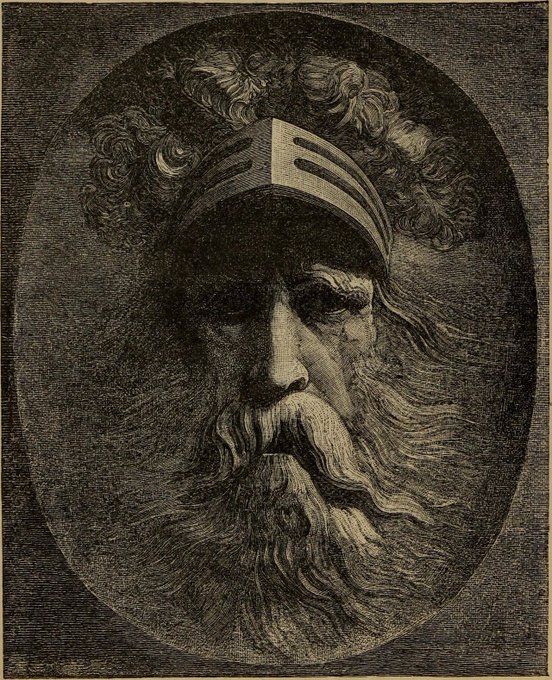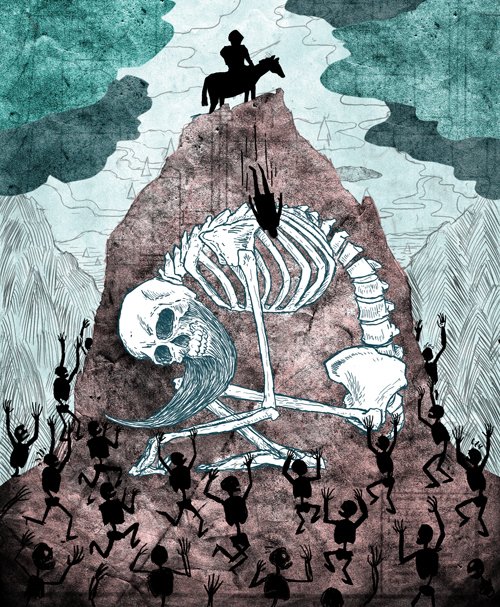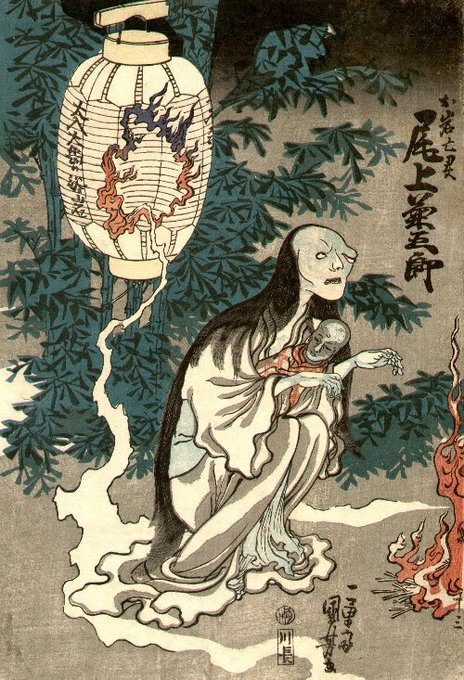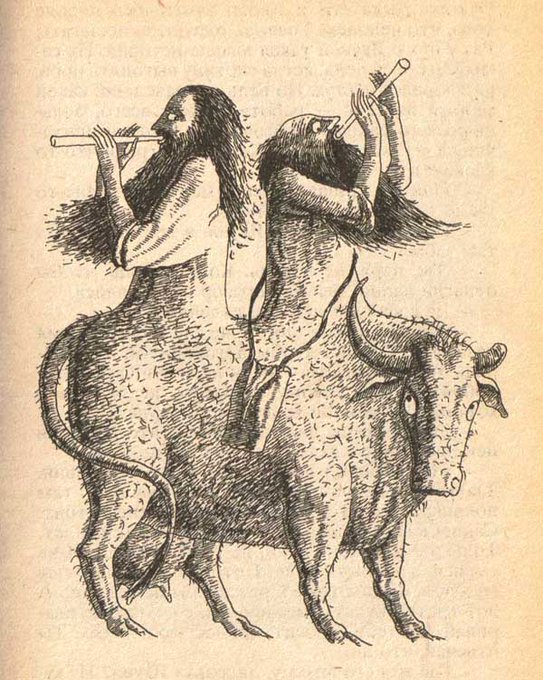FaustianfridayのTwitterイラスト検索結果。 553 件中 23ページ目
The dragons are getting up, and they are hungry #faustianfriday - painter Victor Vasnetsov (1846-1926) is a founder of Russian folklorist and romantic nationalist painting. With a pre-rapahelite eye, harnessing photographic information in paint, to medieval story, a heroic past.
The Heluo Zhi Yu, the mythical beast with curative power, who live in the rivers of China’s Tower River and has one head with ten bodies or tails like squid or octopus. It has the magical ability to gain flight and can transform into a bird.
#FaustianFriday
In Scandinavian folklore, draugr are undead beings that were mean or greedy in their lives and continue to spread misery to the living. Originally they were thought to haunt burial mounds, but in more recent folklore they have become associated with the seas. #FaustianFriday
Fenrir will break loose from his shackles and finally get even with Odin by eating him alive when the world finally ends in a cataclysmic purging of blood, fire, and death. 🖼 Dorothy Hardy #FaustianFriday https://t.co/IbJaTIzr80
In Shakespeare’s day, ghosts were serious business. The religious turmoil in Elizabethan England meant that when he penned the scene, of Hamlet facing his avenging, ghostly father on the ramparts, it would be bone-chilling. 😱 #FaustianFriday
🎨Gould, Delacroix, Fuseli
As well as Viy there is 'The Terrible Vengeance' ' Strashnaya mest' by Gogol - a story about evil spirits and the antichrist. It evokes folklore but seems to be his own paranoid invention. Cossacks do not fear sorcerors! Powerful illustration by Barry Bruner #faustianfriday
Lavandeiras are beings from Galician Folklore, which also appear in the North of Portugal. They ask for help to twist their towels stained with blood, if help is denied, for fear or lack of solidarity, the outcome could be death. Seeing them isn't a good omen... #FaustianFriday
Oiwa is a Japanese ghost, the vengeful spirit of a young woman betrayed by her husband. He disfigured her face in an attempt to get rid of her so he could marry a younger woman. She cursed the pair on her death and returned to haunt all who had betrayed her.
#FaustianFriday
1/3
In Norfolk you can find the ruins of St Mary’s church. It has an oak tree growing from its nave called The Witch’s Finger. But, it is less a finger, more of a leg. A witch with a wooden leg was buried alive under the nave and resurfaced to destroy the church. #FaustianFriday
"Your name is a golden bell hung in my heart. I would break my body to pieces to call you once by your name."
—Peter S. Beagle, The Last Unicorn
The Scholar Queen, @INeveenBadr
will be with you for the next two hours of #FaustianFriday.
Young Woman with Unicorn, Raphael c.1505 & Unicorn, Maerten de Vos c.1590. At this time the #unicorn was generally believed to be real & its “horn” sold as a cure-all against poison. Elizabeth 1 had a unicorn horn to keep her safe from harm. #FaustianFriday #NationalUnicornDay
A selection of my drawings from England's Dark Dreaming, because it's #FaustianFriday and they seem appropriate.
A new piece for #UnicornDay #NationalUnicornDay #faustianfriday based on an old favourite movie of mone, The Last Unicorn.
Did you know that the unicorn is Scotland's national animal? Scottish artist @stewartbremner has two pieces featuring this fantastic creatues, so I thought I'd share them for #NationalUnicornDay & #FaustianFriday. Visit @indy_prints or https://t.co/D16gvLGfV2 for more art & info.
In some versions of Persian folktales, Kardakann was a gentle soul and like other western unicorns it had ability to purify water simply by immersing it´s horn into a stream, lake or a pond. It could also change it´s shape at will.
#FaustianFriday
Unicorn-like creatures in Indian folk tales is rsya that looks like a water buffalo with horns on its forehead .Ancient Sanskrit epic Mahabharata even mentions human-like being called Rsyasrnga who also had a horn in his forehead.
#FaustianFriday
#FaustianFriday
Bluebeard marries many women who end up missing. His final bride enters a secret room in the house & discovers the corpses of his previous wives. Through trickery, she & her siblings end up killing Bluebeard & she ends up a wealthy widow, marrying for love.
'Scary Fairy Tales Told by Grandfather Egor a Peasant of the Former Cherdynsky Uyezd of the Perm Province' written by Vasily Tihov, who in fact is a local historian Vasily Shumov. The Russian folklore book is wonderfully illustrated by Arkady Amirkhanov in 1993. #faustianfriday
'Scary Fairy Tales Told by Grandfather Egor a Peasant of the Former Cherdynsky Uyezd of the Perm Province' written by Vasily Tihov, who in fact is a local historian Vasily Shumov. The Russian folklore book is wonderfully illustrated by Arkady Amirkhanov in 1993. #faustianfriday
'Scary Fairy Tales Told by Grandfather Egor a Peasant of the Former Cherdynsky Uyezd of the Perm Province' written by Vasily Tihov, who in fact is a local historian Vasily Shumov. The Russian folklore book is wonderfully illustrated by Arkady Amirkhanov in 1993. #faustianfriday

















































